South Africa’s Draft White Paper on the Sustainable Use of Biodiversity begins with an assumption that we’re one of the most biodiverse countries in the world. But we’re not as biologically endowed as we think.
A report just released by US risk analyst Matthew Nash – The 200 Most and Least Biodiverse Countries in 2022 – places South Africa way below Brazil, but also shows we’re a lot less diverse than Indonesia, Colombia, China, Mexico, Australia, India, the US, Tanzania or the DRC. The ratings include birds, mammals, fish, amphibians, reptiles and plants.
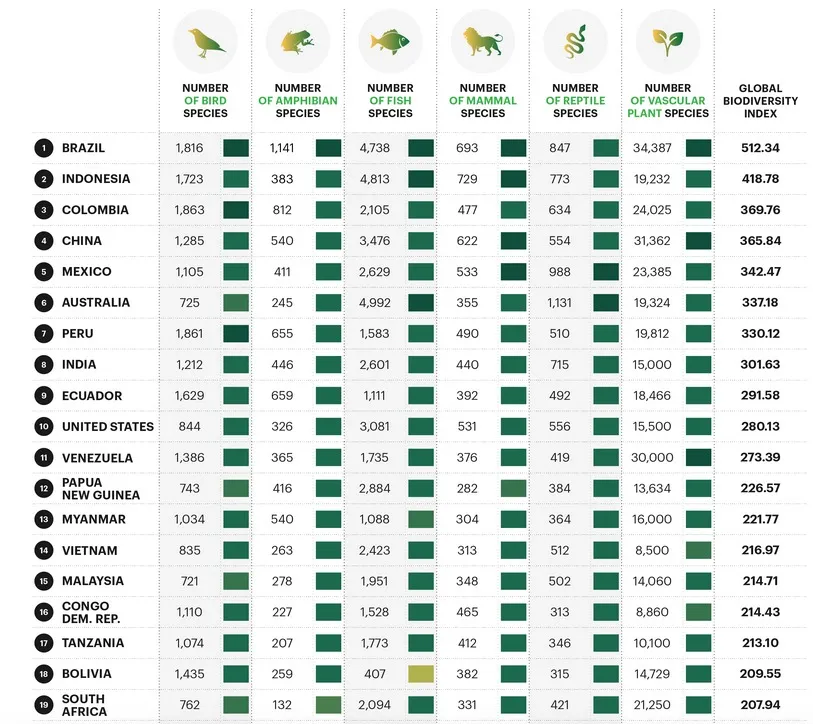 From the 200 Most and Least Biodiverse Countries in 2022 - The Swiftest Report
From the 200 Most and Least Biodiverse Countries in 2022 - The Swiftest Report
Over the past century, says the report – issued by the data company Swiftest – the world has seen an unprecedented decline in biodiversity, triggered by climate change, habitat loss, overexploitation, pollution and pesticides. This prompted Nash’s team to take a deep dive into how nations rank in terms of biodiversity, using all available sources.
It was a difficult exercise. “Many countries have conflicting data reports, under-reporting, or simply lack reporting when it comes to the various species,” Nash writes. “Additionally, new species are being identified yearly, and others are dying out at alarming rates.”
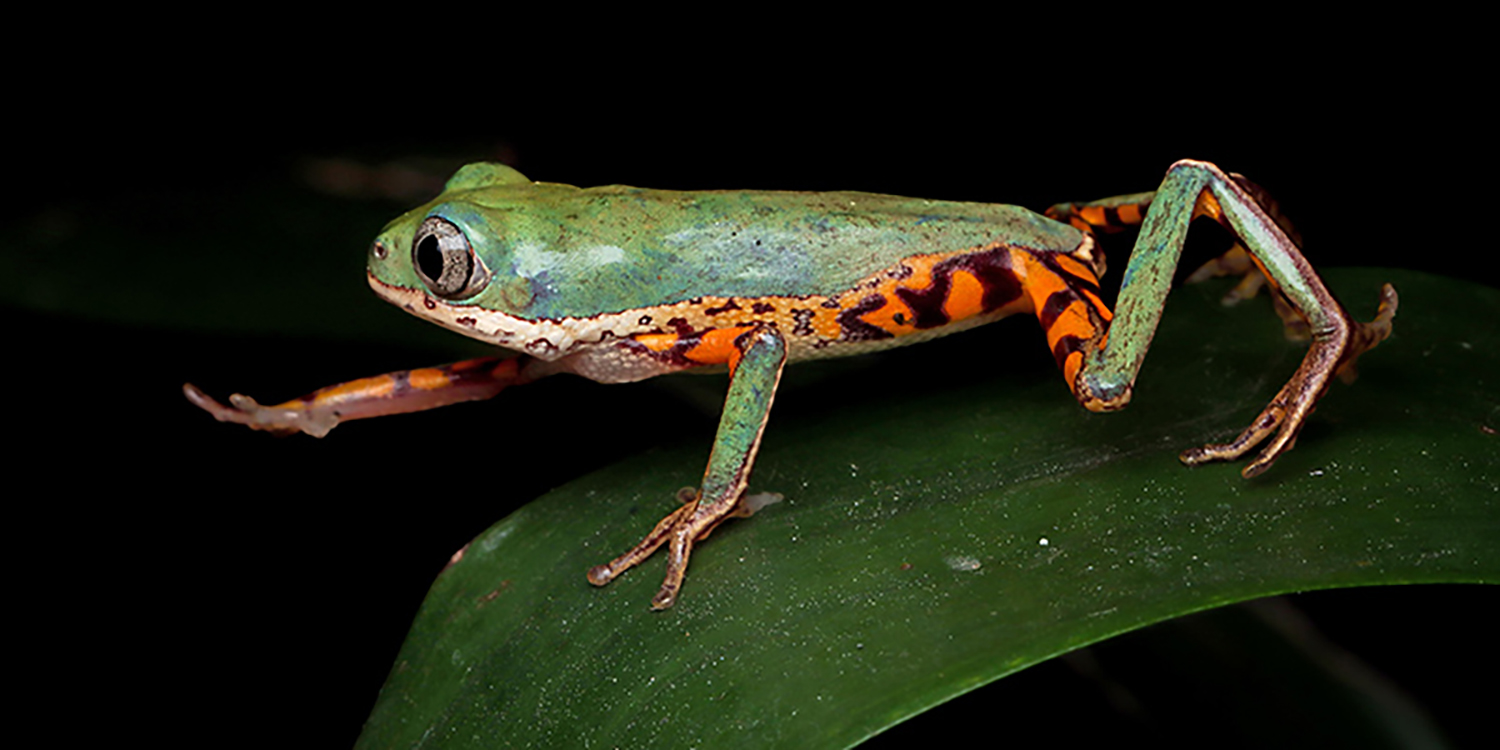 Tiger-leg monkey frog. (Photo:The Swiftest report)
Tiger-leg monkey frog. (Photo:The Swiftest report)
Most biodiverse, most populated
An interesting observation was that some of the most biodiverse countries are also the most populated, while many other extremely biodiverse countries are spending the least on conservation.
Brazil is an example of the latter. It tops the list as the most megadiverse place on Earth, with 1,816 bird species, 1,141 amphibians, 4,738 fish, 693 mammals, 847 reptiles and 34,387 plant species. However it permits massive destruction of its precious rainforest, home to an estimated 20% of the world’s total biodiversity, with new native species being discovered all the time.
Countries with the lowest biodiversity are, understandably, extremely small ones, or island states such as San Marino, Monaco, Kiribati, Luxemburg and the Comoros, as well as mostly frozen countries such as Iceland. Surprisingly, no African country features in the top five of any of the six species categories.
Australia tops the list of reptiles (1,131) and fish (4,992) species, while Indonesia has the greatest variety of mammals (729). However the Amazon puts Brazil ahead on plant species (34,387), followed by China (31,362).
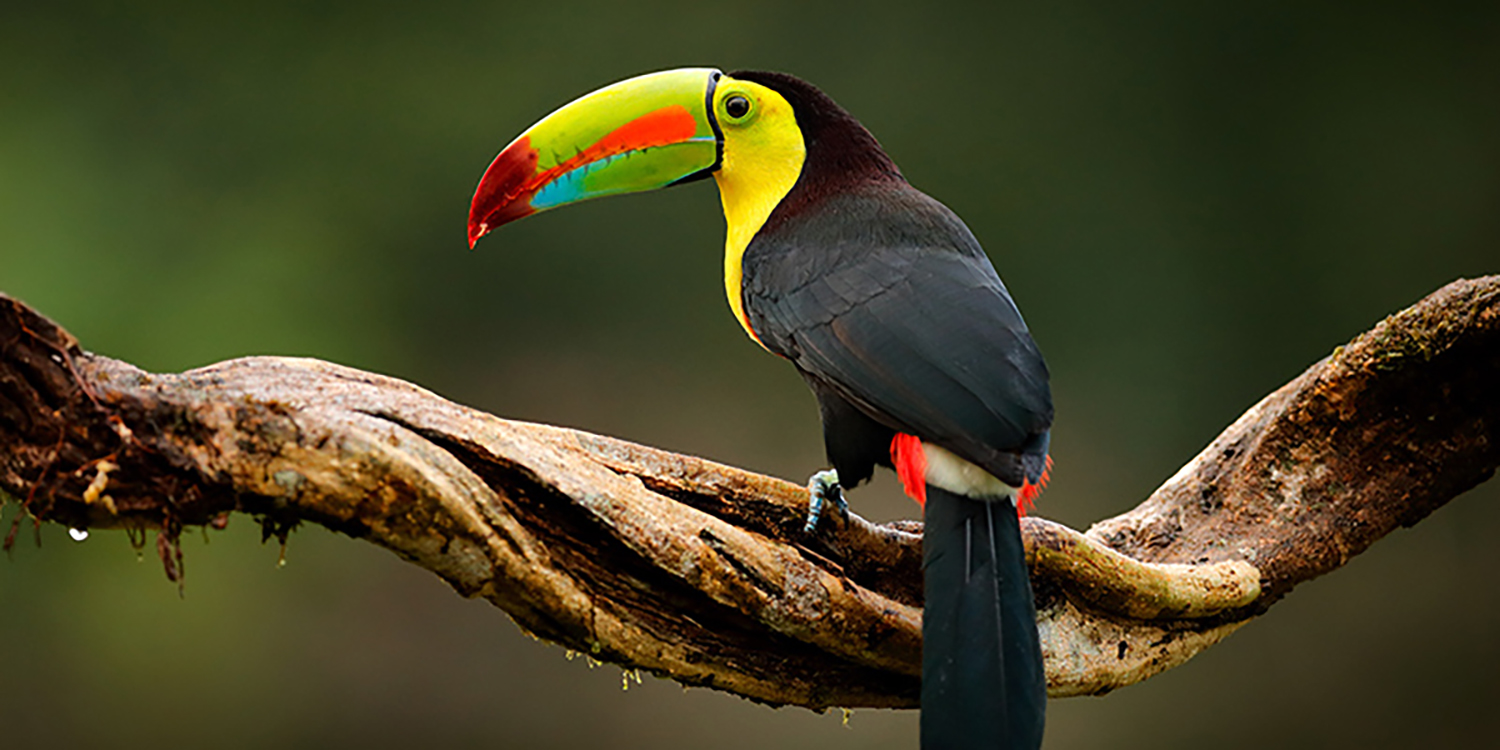 A toucan on a branch in Colombia. (Photo:The Swiftest report)
A toucan on a branch in Colombia. (Photo:The Swiftest report)
By comparison, South Africa has 762 birds, 132 amphibians, 2,094 fish, 331 mammals, 421 reptiles and 21,250 plants.
The biggest threats to biodiversity, says the report, are rising global temperatures, habitat loss, overexploitation and pollution. According to the WWF, the loss of species we are experiencing today is somewhere between 1,000 and 10,000 times greater than the natural extinction rate.
“While we don’t know exactly how many species of plants and animals are out there, a low estimate is that we could be losing 200 to 2,000 species every year, while a high estimate is between 10,000 and 100,000.”
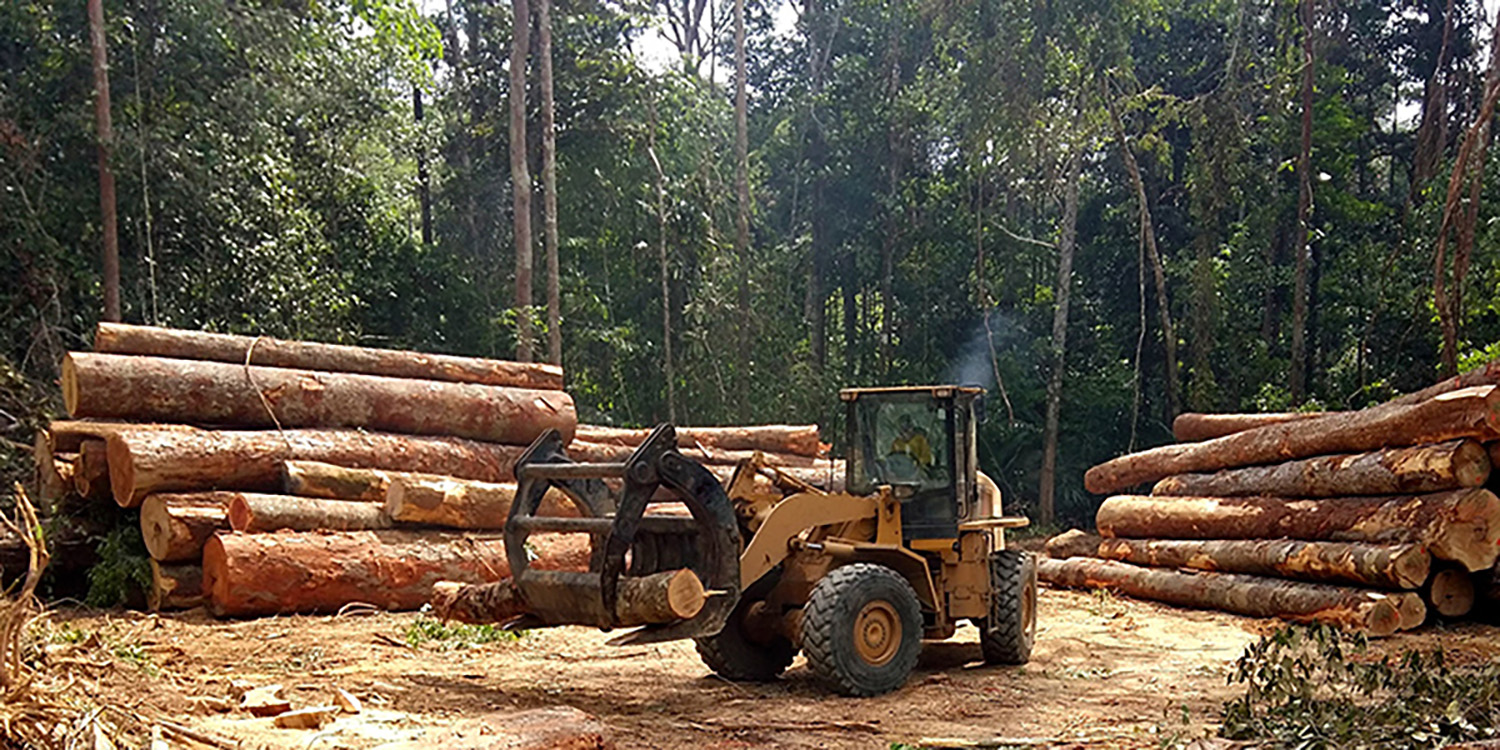 Deforestation of the Amazon rainforest in Brazil. (Photo:The Swiftest report)
Deforestation of the Amazon rainforest in Brazil. (Photo:The Swiftest report)
Research has shown that the degeneration of wildlife could lead to more disease outbreaks. As humans travel deeper into nature, we increase our risk of exposure to pathogens carried by wild animals. Many recent viral disease outbreaks can be traced back to wildlife.
In general, biodiversity is ailing. In 2011, the UN Convention on Biological Diversity set 20 targets that needed to be urgently implemented by 2020 (the so-called Aichi Biodiversity Targets). These included biodiversity values being included in national and local planning, actions harmful to biodiversity being eliminated, habitat loss halved, overfishing avoided, pollution and pressure on coral reefs reduced, 10% of coastal waters protected, extinction of species halted and genetic diversity enhanced.
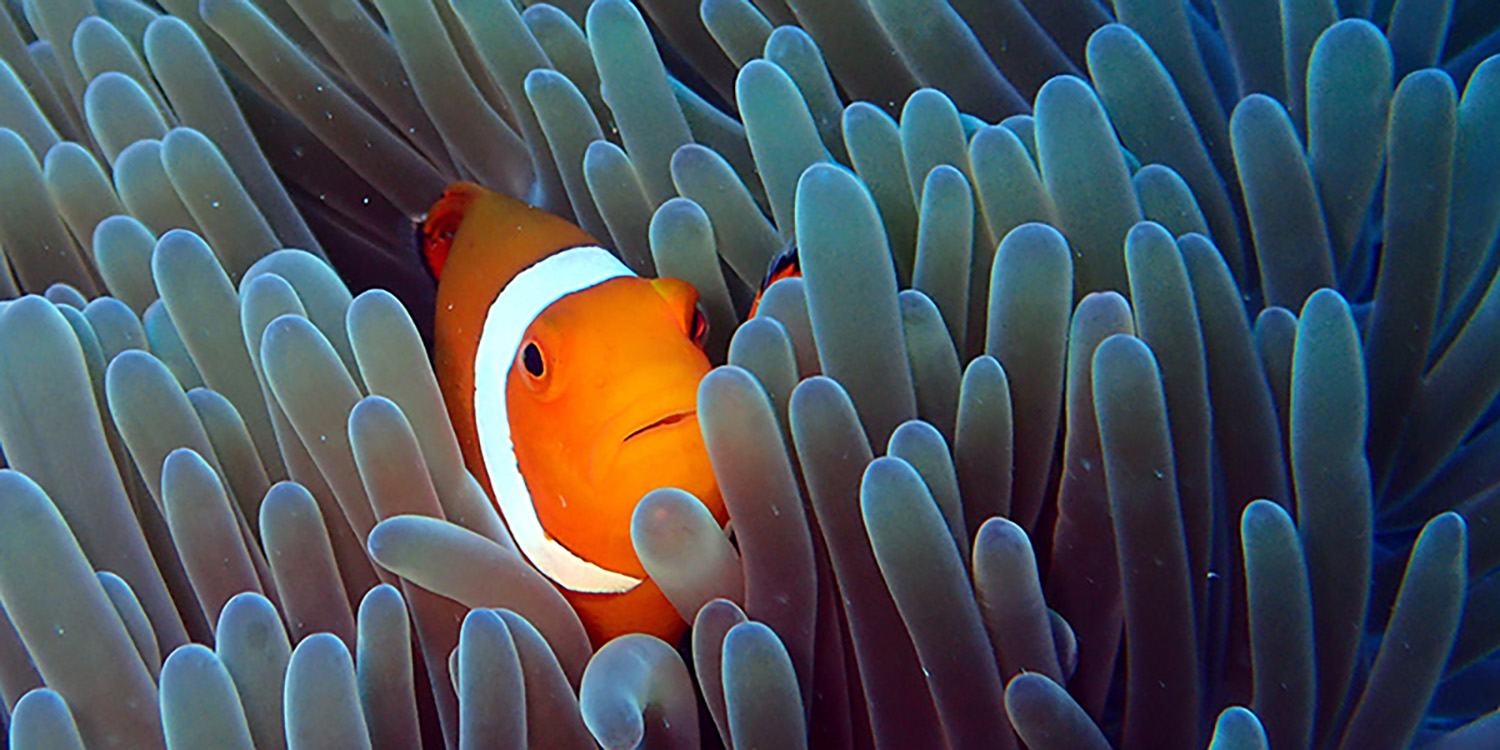 Clown fish in Great Barrier Reef. Photo: The Swiftest report
Clown fish in Great Barrier Reef. Photo: The Swiftest report
Only six of 20 targets
By 2020, only six goals had been partially achieved. The other 14, such as eliminating subsidies driving biodiversity loss, or halving the rate at which natural habitats are being lost, had been completely missed.
“Plant and animal species support the ecosystems we rely on,” says the Swiftest report. “They aid in pollination, soil fertility, food and medicine production, air quality and much more. Losing too many species would negatively affect the balance of our world.
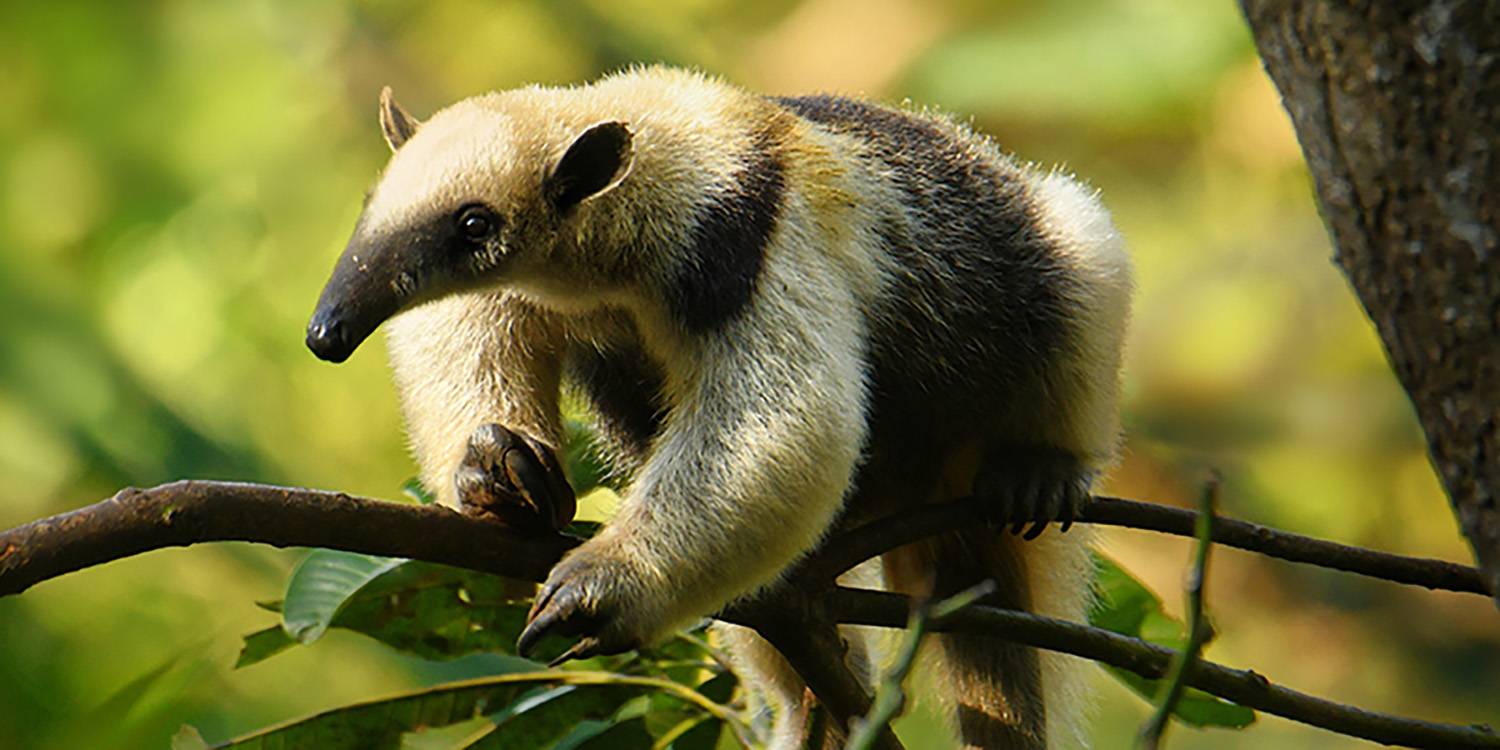 An anteater in Mexico. (Photo: The Swiftest report)
An anteater in Mexico. (Photo: The Swiftest report)
“Keeping our planet biodiverse can also help slow the effects of climate change. For instance, when forests are cut down at unsustainable levels, we’re removing our natural defence against excessive carbon dioxide in our atmosphere. The Amazon has long been referred to as the ‘lungs of the Earth’ since the incredibly diverse plant species are constantly sequestering carbon and producing oxygen.”
In another survey on the best and worst countries for animal rights, South Africa came in at 51 of 67. The top 10 countries were all in Europe. On dog-friendly countries, Italy came out tops, followed by New Zealand, France and the UK. South Africa was at 32 of 51, with Vietnam and China at the bottom. DM/OBP




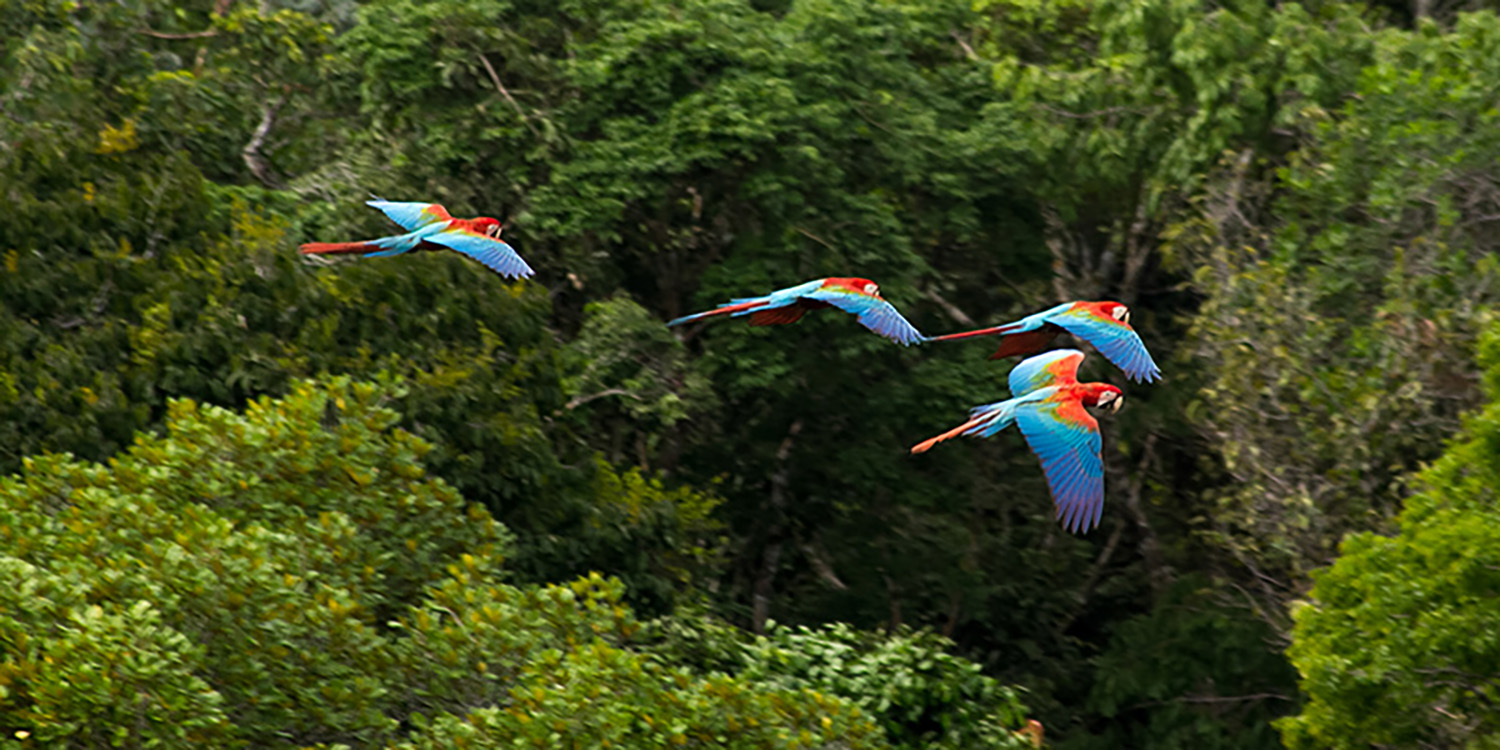 An anteater in Mexico. (Photo:The Swiftest report)
An anteater in Mexico. (Photo:The Swiftest report) 